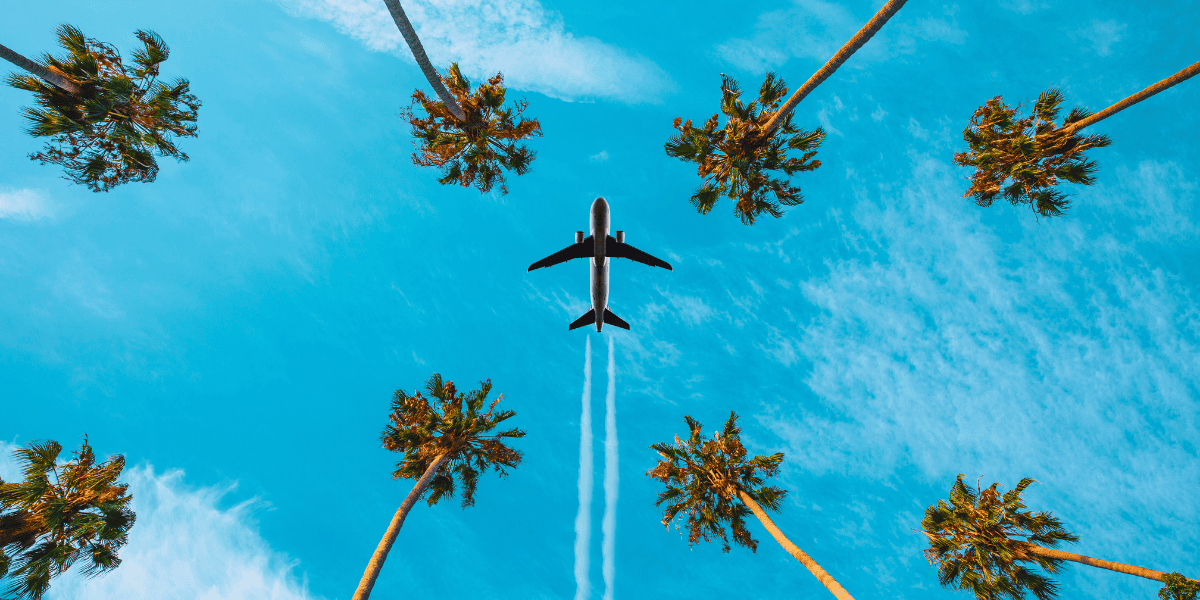Disney Trips Face Increased Costs As Airlines Explore ‘Fat Tax’
Rising Costs for Disney Travelers
Traveling to Disney theme parks is becoming increasingly expensive for families. Various factors contribute to this rise in costs, notably the additional fees charged by airlines. Families planning Disney trips need to reassess their travel budgets to accommodate park entry fees and potential surcharges that airlines may impose. These expenses have significantly surged compared to previous years, leaving many families concerned about the overall affordability of these popular vacations.

The ongoing inflation and added expenses create a financial strain for those looking forward to Disney trips. Families must now consider costs such as airfare, hotel accommodations, food, and park activities, with airlines exploring new revenue streams via potential “overweight fees.” These fees can add a substantial amount to the total cost, affecting low- to middle-income families the most.
Airlines Explore Weight-Based Pricing
In light of rising operational costs, airlines are exploring weight-based pricing models, commonly referred to as a “fat tax.” Recent reports indicate that airlines have been conducting surveys to gauge public sentiment about this proposed fee structure.

These surveys reveal a divided opinion, with many lighter passengers supporting charging heavier travelers additional fees. Airlines such as Finnair have already sought voluntary weight submissions from passengers to calculate aircraft weight more accurately.
The concept of weight-based pricing raises serious questions about its application and fairness. Survey participants reported mixed feelings, with a significant percentage expressing concerns about the fairness and potential stigmatization of larger travelers. The uneven financial burden on different traveler populations, especially for Disney trips, may lead to a more exclusive vacation experience for families with fewer economic resources.
Environmental Considerations
Airlines advocating for the “fat tax” highlight environmental benefits as a key reason for their proposal. Higher passenger weight increases fuel consumption, contributing to a more significant carbon footprint. By potentially charging heavier passengers more, airlines argue that they can incentivize lighter travel and thereby help mitigate environmental impacts.

However, this reasoning has drawn criticism, as it suggests placing the onus of environmental responsibility disproportionately on individuals based on their body weight. While airlines are aiming to reduce fuel costs—an escalating concern amid rising operational costs—critics argue that exploiting passenger weight may not be the most ethical or effective strategy in promoting environmentally friendly practices.
Concerns Over Stigmatization
The idea of imposing weight-based fees has resulted in a public conversation about the potential stigma associated with such practices. Many feel airlines should foster inclusiveness rather than create financial barriers based on physical appearance or weight. The proposed fee system could alienate larger travelers, impacting their comfort and experience during Disney trips and beyond.

As families consider their next trip to Disney, they are left navigating a complex landscape where their financial planning may be affected not just by the traditional costs associated with travel but also by these new potential charges. As the industry evolves, the discussion surrounding fairness, equity, and transparency in airline pricing models remains ever-pertinent.
Ultimately, as airlines deliberate on the viability and implementation of a “fat tax,” all eyes are on how these decisions will impact that cherished family vacation to Disney parks. The current climate indicates that the travel industry has the opportunity to consider more inclusive pricing structures that do not penalize travelers unfairly while also addressing environmental concerns. Families are bracing for the future of airline pricing and how it will shape their Disney trips for years to come.




